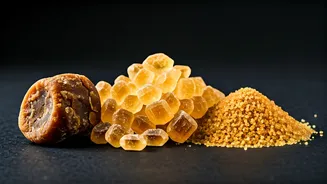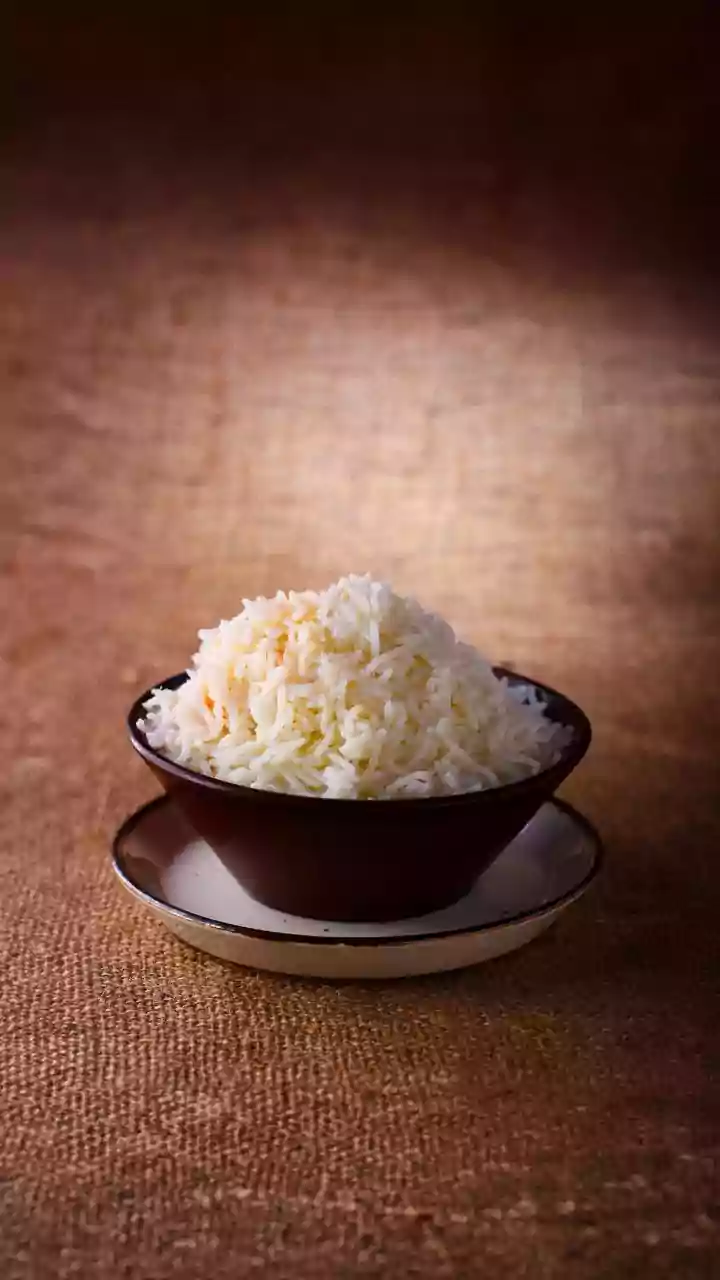Sweetener Showdown Begins
Desi Khand, jaggery, and brown sugar are often touted as healthier options. They undergo less processing than refined sugar. Therefore, they retain more
minerals and nutrients, but their health impacts vary. All sugars need to be consumed in moderation to prevent metabolic disorders and weight gain. Jaggery is rich in iron, magnesium, and antioxidants. Desi Khand is sulfur-free and easier to digest. Brown sugar offers minimal nutritional value. It is important to know which is truly healthier for long-term well-being.
Desi Khand Unveiled
Desi Khand, also known as Khandsari sugar, is a traditional Indian sweetener. It is crafted from sugarcane juice that's boiled, filtered, and crystallized. It avoids chemical bleaching or excessive refining. The result is a beige or light brown sugar. Desi Khand retains trace minerals such as calcium, magnesium, iron, and phosphorus. These minerals contribute to its healthier image, though the quantities are small. It offers quick energy without chemical residues. Its minimal processing makes it gentle on digestion. However, it still has a high glycemic index (GI), so moderation is critical. People with diabetes or weight concerns should be careful.
Jaggery's Golden Touch
Jaggery, or gur, is an ancient, revered natural sweetener in Indian diets. It is made from concentrated sugarcane juice or palm sap. It undergoes minimal processing, without chemical refining. Its rich brown or golden hue comes from natural molasses, which remains during production. Jaggery contains essential minerals: iron, potassium, magnesium, and small amounts of B vitamins. It also has antioxidant properties that may help fight oxidative stress and support liver detoxification. Jaggery is rich in iron, which helps prevent anemia. It aids digestion and cleanses the liver and lungs. It provides warmth and energy, especially in winters. Despite these benefits, jaggery is calorie-dense and high in sucrose. Nutritionists suggest using it as an occasional sweetener instead of a daily sugar substitute.
Brown Sugar's Reality
Brown sugar is often mistaken for jaggery or Desi Khand, but its processing is different. It's usually made by adding molasses back to refined white sugar. This gives it a soft texture and a caramel flavor. The molasses adds trace minerals, but the nutritional content is negligible. Brown sugar's nutritional profile is almost identical to that of white sugar. Both have around 16 calories per teaspoon and similar carbohydrate levels. The difference lies in taste and moisture content, not in health benefits. It contains trace amounts of calcium, potassium, and iron, but in insignificant quantities. It is slightly slower to absorb due to molasses but still spikes blood sugar levels. It's used in baking for flavor, not health value.



















